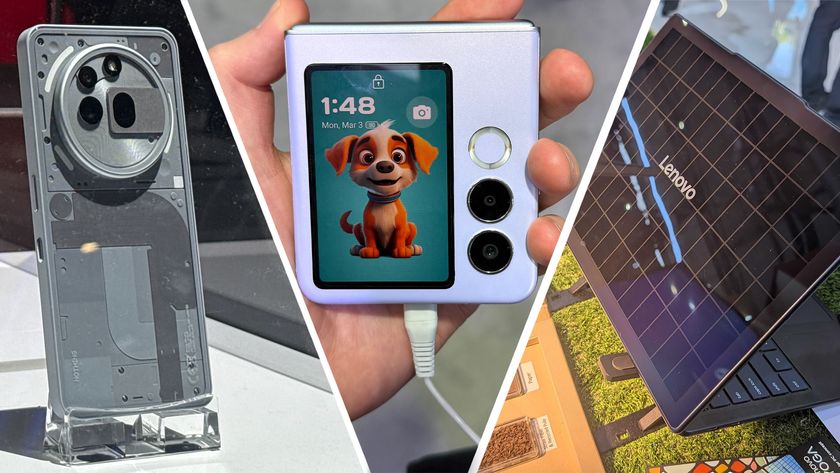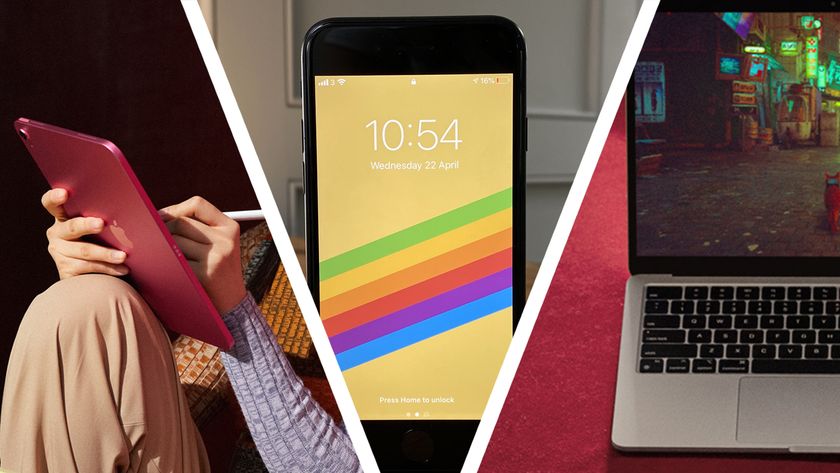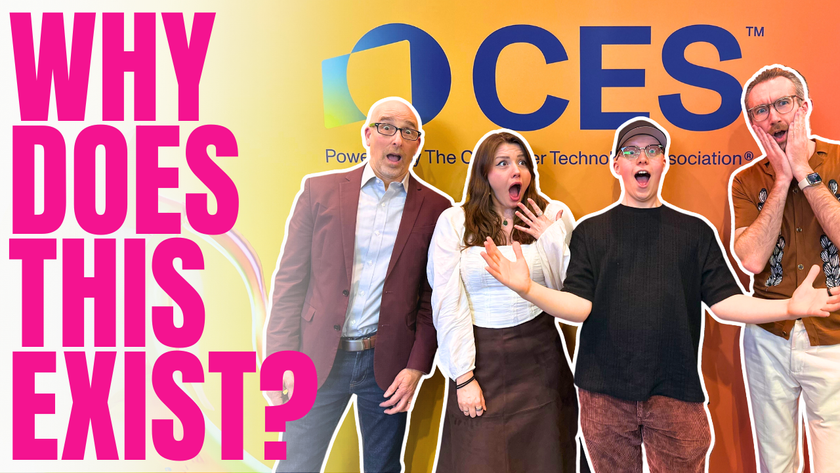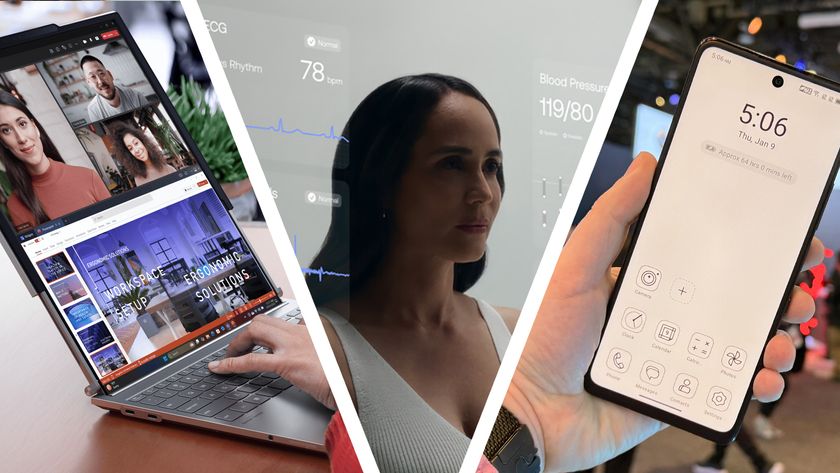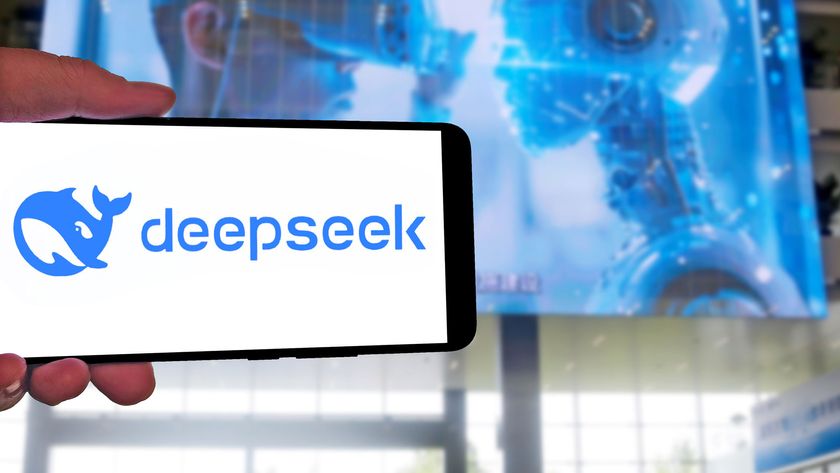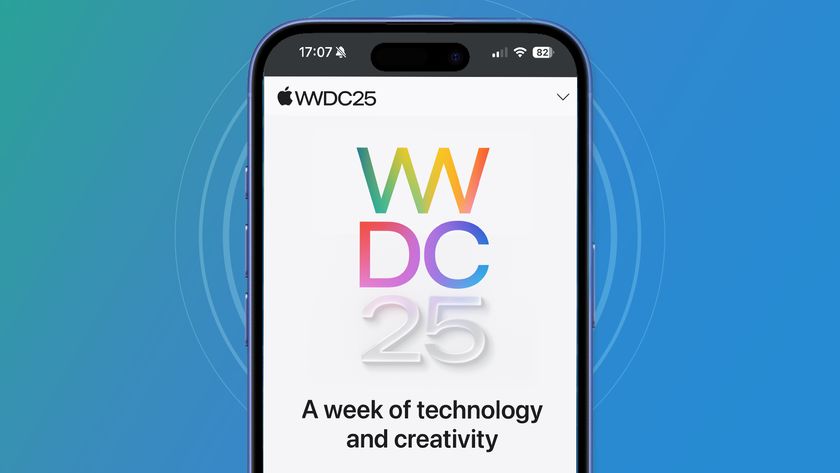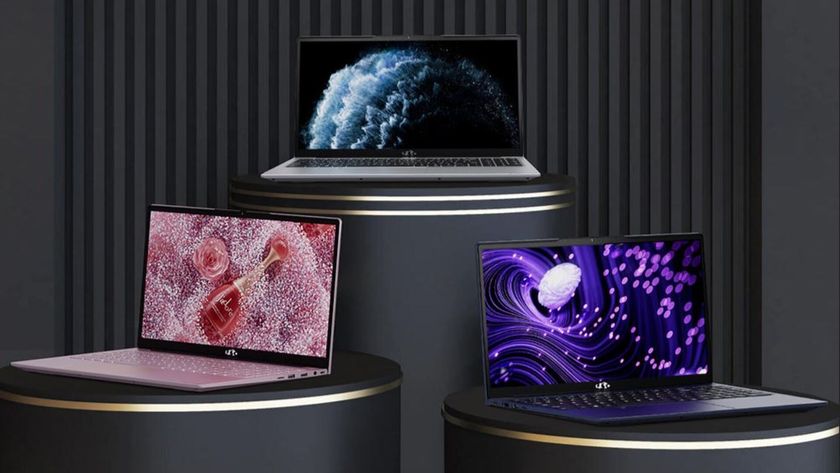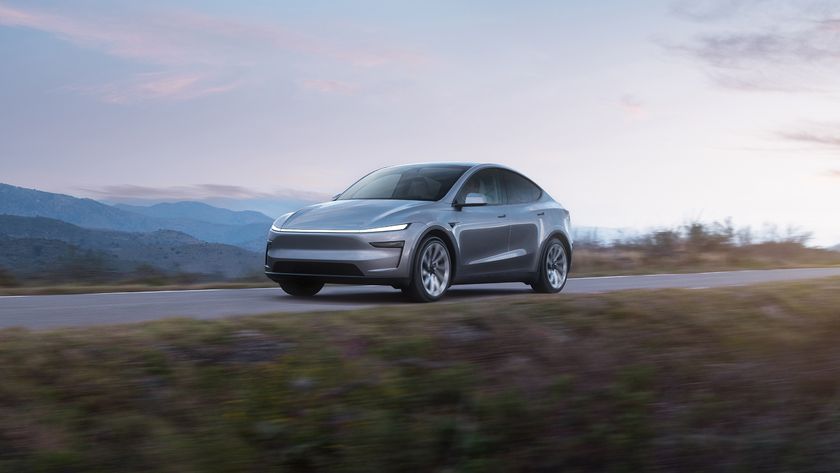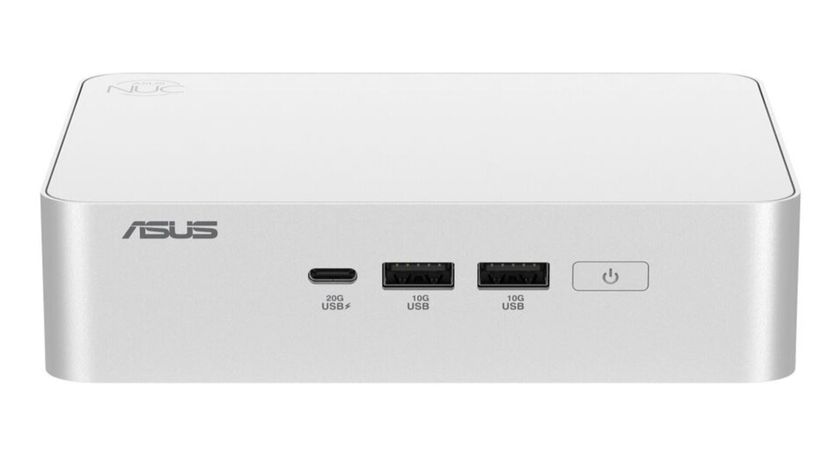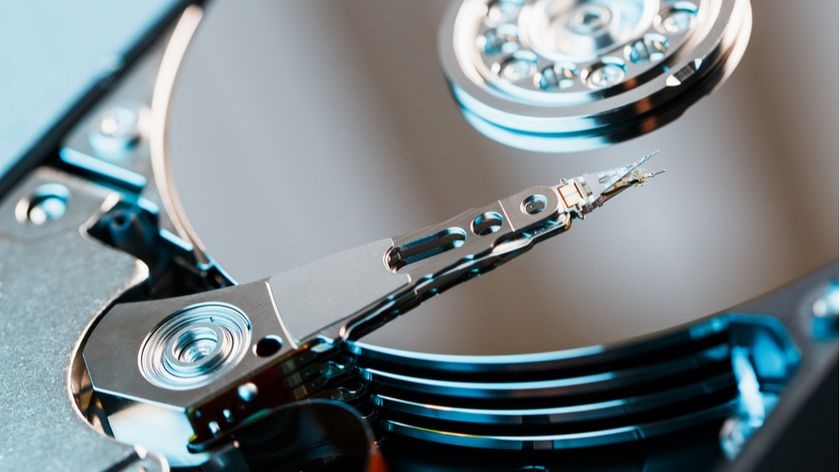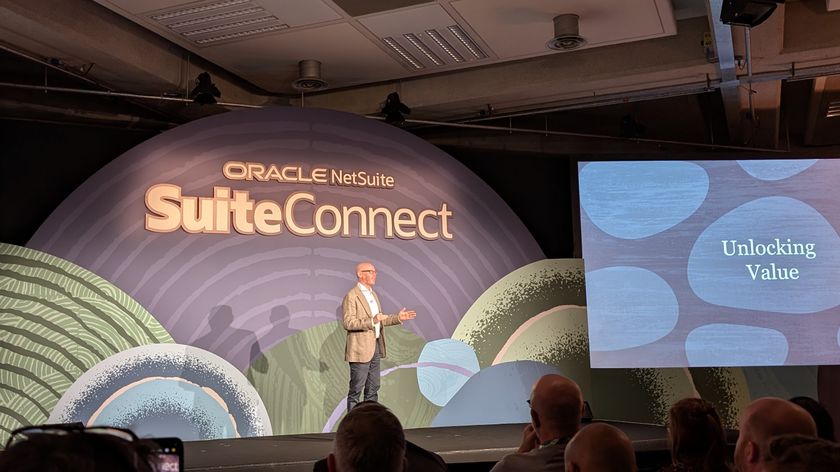Acer and Asus are courting Alexa – does this mean Cortana’s dumped?
Is Cortana being forgotten about?

Oh, Cortana, will you ever be truly loved? Microsoft really did try, naming you after a character in its (once popular, now less so) Halo series, and embedding you so deeply into Windows 10, that yours is the first voice we hear when we install the operating system (which can be a little frightening if you’re reinstalling and forget that your PC speakers are turned up to full volume).
Microsoft saw what Apple was doing with Siri, and put its considerable talents and expertise in voice recognition software to create Cortana and fully integrate its voice assistant into Windows PCs. However, with two of the biggest laptop makers, Acer and Asus, announcing that they are adding Amazon’s younger, and more popular, Alexa voice assistant into their laptops, could the end be nigh for Cortana?
Things aren't looking especially good, and it doesn’t help that while Microsoft does still appear to support Cortana, removing features like music recognition and simply leaving an ugly error message in its place makes it feel like Microsoft itself is beginning to lose faith. The relative failure of Microsoft’s smartphone ambitions will also have dulled Cortana’s appeal.
Speak to me
To be honest, while voice assistants on smartphones, and screen-less devices like smart speakers, make sense, I’ve never seen the appeal of a voice assistant on a laptop or PC.
Now, I’m not talking about voice control for accessibility - those features definitely have a use for people who cannot use other input methods. What I mean is those chirpy voice assistants like Cortana, Siri and Alexa, who have been programmed to have a bit of personality alongside their cutesy names (which usually involves programming in some groan-worthy ‘humorous’ replies to certain questions).
I’m one of those weird creatures that prefers using a desktop PC, and with no built-in microphone in my rig, Cortana is the first thing I disable. When I do work on a laptop, I’m usually on a train or busy office, so don’t want to yell at my computer to create a reminder to pick up more toilet roll on the way home. In fact, when I’m using my PC, I’m pretty much always sat right in front of it, so I never really need to shout at it from across the room unless YouTube accidentally begins to play a PewDiePie video.
So, while I’m no big fan of Cortana, Alexa coming to my laptop isn’t too exciting either. What Alexa on a laptop does have going for it is that Alexa is a pretty embedded presence in my house already. This is thanks to a number of Amazon Echos dotted around the place, and I’ve got it connected to my smart lights, thermostat and more. So I could possibly see myself using it if I wanted to turn on the lights and there wasn’t an Amazon Echo device nearby. Remember, I have issues using a light switch.
Get daily insight, inspiration and deals in your inbox
Sign up for breaking news, reviews, opinion, top tech deals, and more.
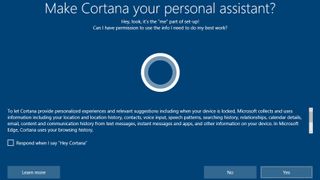
Goodbye Cortana?
So, is this the beginning of the end for Cortana? Maybe, but maybe not. Last year it was reported that Amazon and Microsoft were working together to allow Alexa and Cortana to also work alongside each other.
Now, this may be evidence that Cortana still has life in it yet, and that the two voice assistants can coexist peacefully, but it could also be seen as Microsoft laying the groundwork for Cortana to be replaced, much like a parasite gradually leeches off the life-force of its host. This is an image that I’m sure the marketing departments of both Microsoft and Amazon will be keen to use.
So, is Cortana getting dumped? It’s not looking all that positive at the moment, but it will make little difference to me, as I’ll still be giving my PC the silent treatment no matter which voice assistant it uses.
- New year, new tech – check out all our coverage of CES 2018 straight from Las Vegas, the greatest gadget show on Earth

Matt is TechRadar's Managing Editor for Core Tech, looking after computing and mobile technology. Having written for a number of publications such as PC Plus, PC Format, T3 and Linux Format, there's no aspect of technology that Matt isn't passionate about, especially computing and PC gaming. He’s personally reviewed and used most of the laptops in our best laptops guide - and since joining TechRadar in 2014, he's reviewed over 250 laptops and computing accessories personally.
